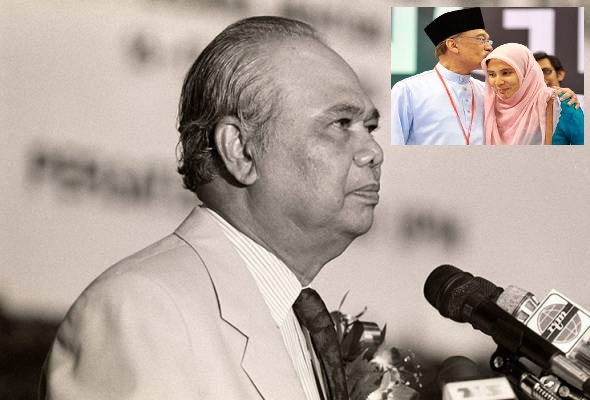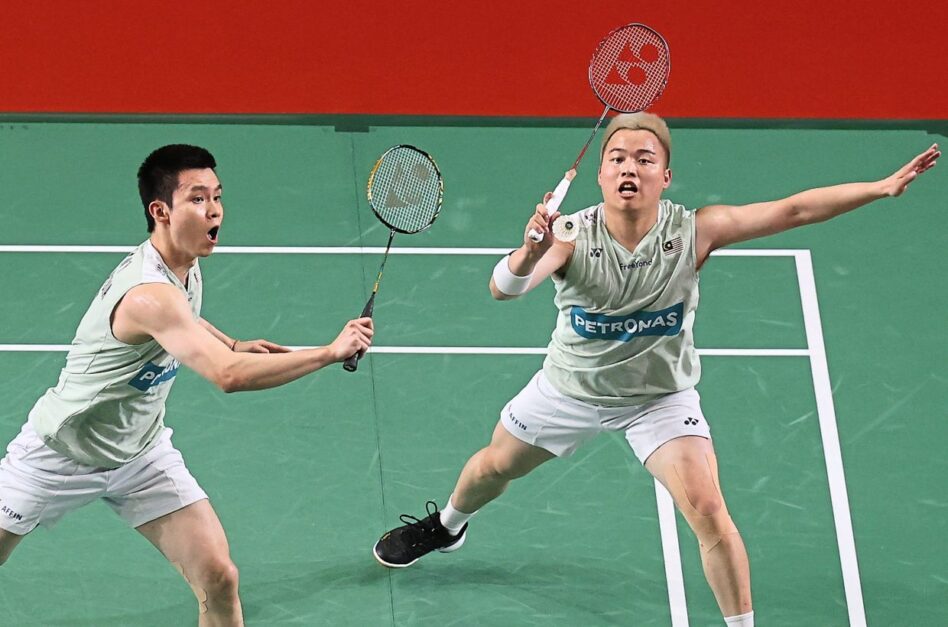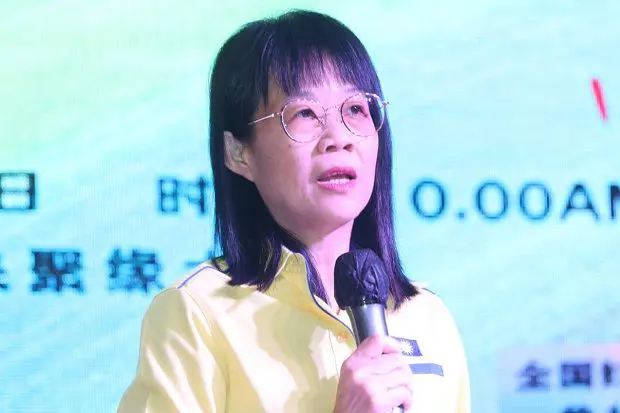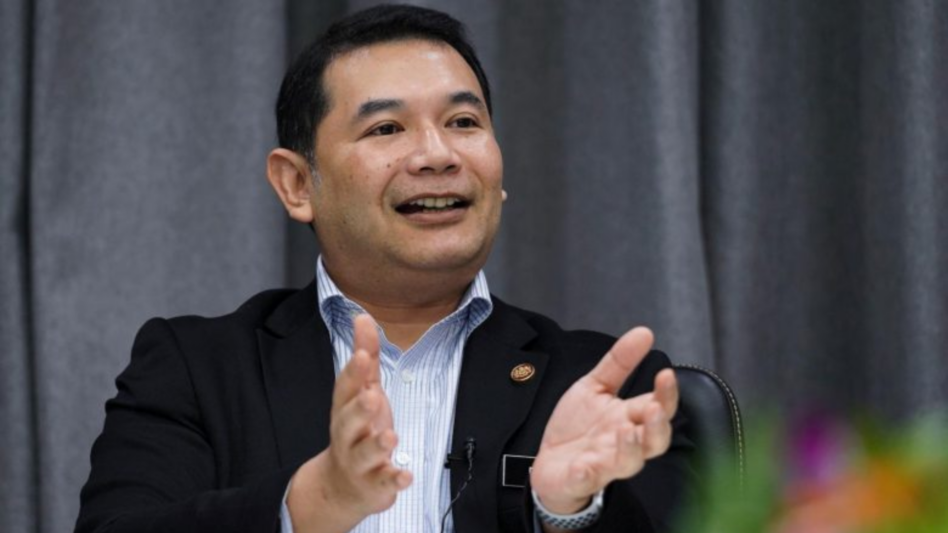GROWING support for Nurul Izzah Anwar in her PKR deputy presidency bid is not unexpected to those who knew PMX Datuk Seri Anwar Ibrahim during his political ascendency.
Hence, the contest between Nurul Izzah who is the current vice-president and Economy Minister Datuk Seri Rafizi Ramli – the incumbent deputy president – evokes memories of the 1993 Anwar-Tun Abdul Ghafar battle for UMNO’s No. 2 position.
Facing insufficient support from both UMNO leaders and grassroot members, Ghafar was compelled to withdraw his candidacy for the UMNO deputy president post.
On the same token, Nurul Izzah’s campaign for the party’s deputy presidency for the 2025-2028 term has reportedly garnered support from 167 out of 220 divisions, according to a party source.

Nurul Izzah’s strategic leadership, as demonstrated by her role as election director in GE14 (14th General Election) where PKR won 47 seats, seems to confirm her strong track record.
She has demonstrated a steadfast adherence to the party’s principles while solidifying her Puteri Reformas reputation.
Regardless, the contest for PKR’s second-highest position between Rafizi and Nurul Izzah raises concerns that the ruling party could become more divided.
Should either Rafizi or Nurul be defeated, what implications will it have in terms of public perception?
Lesson of history
Rafizi has in recent times put forth the idea of a debate with Nurul Izzah, a proposal she has rejected, citing a desire to avoid being burdened by debate related issues.
Recounting the 1993 battle, Anwar had initially declared that he would not challenge Ghafar but reversed his decision by having announced his candidacy some three weeks later.
The 1993 contest between Anwar and Ghafar took many UMNO grassroots members by surprise.
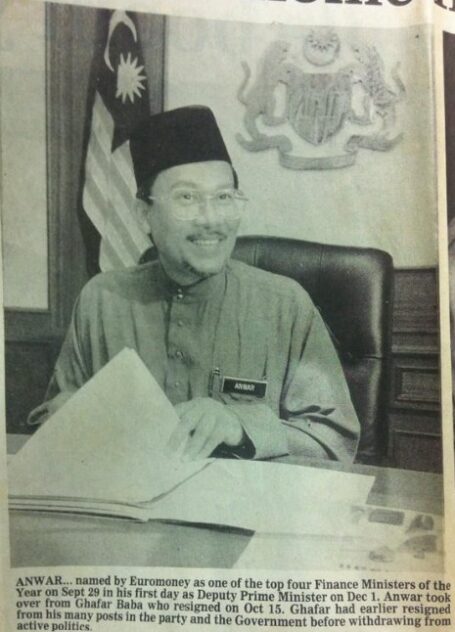
During that era, Anwar Ibrahim helmed the Team Wawasan which comprised a collection of youthful and ambitious leaders within UMNO, namely Tan Sri Muhyiddin Yassin, Datuk Seri Ahmad Zahid Hamidi, Tan Sri Muhammad Muhammad Taib and Datuk Seri Najib Razak.
This team subsequently became a dominant force in the political landscape amid the backing of the then UMNO president Tun Dr Mahathir Mohamad.
In fact, Muhyiddin, Najib and Muhamad Taib successfully became vice-presidents of UMNO with Team Wawasan seen as the seemingly unshakeable leading force in UMNO and Malaysian politics.
However, the cracks within Team Wawasan began to appear during the party elections in 1996 whereby Muhyiddin suffered a significant defeat and was not elected as UMNO vice-president.
While many have forgotten – or too distraught to talk about the onslaught of Team Wawasan – the late Ghafar has till today remains a symbol of UMNO’s struggle because he never viewed positions as important in his fight.
He was among the UMNO leaders who had served under three PMs – Tunku Abdul Rahman, Tun Abdul Razak Hussein and Dr Mahathir.
The former school teacher was out of the cabinet for 10 years when Tun Hussein Onn was made Malaysia’s third PM. When Dr Mahathir succeeded Tun Hussein, Ghafar was still outside the government and only re-joined in 1986 when Tun Musa Hitam resigned as deputy PM.

In the upcoming PKR election, the deputy president post will see a straight fight between Rafizi and Nurul Izzah Anwar, while Prime Minister Datuk Seri Anwar Ibrahim is unchallenged for the top post.
For the four PKR vice-president posts, 12 individuals have submitted their nominations, including four incumbents – Negri Sembilan Menteri Besar Datuk Seri Aminuddin Harun; Natural Resources and Environmental Sustainability Minister Nik Nazmi Nik Ahmad; Science, Technology and Innovation Minister Chang Lih Kang; and Selangor Menteri Besar Datuk Seri Amirudin Shari.
The lesson of history in politics is clear: no seemingly invincible team lasts forever. Disagreements will surface whereby friends are transformed into rivals and rivals into allies.
The fundamental strength of the political party is what truly matters. Consequently, whatever the result of the Rafizi-Nurul contest, PKR must not falter.
All party members regardless of their allegiance should accept the decision gracefully and move forward by prioritising the nation and the party’s cohesion. Is this too much to expect post the PKR national leadership election this May 23? – May 17, 2025
M. Vivekananthan is a former civil servant who had served various ministries and agencies for over 30 years
The views expressed are solely of the author and do not necessarily reflect those of Focus Malaysia.


